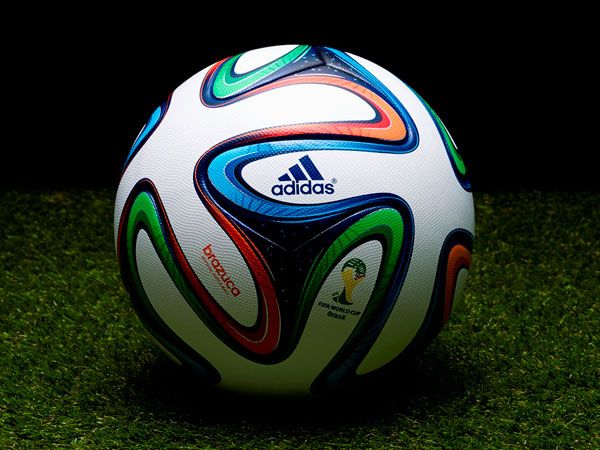The way Millennial have been perceived, have been through the eyes of other generations. They compared their lifestyles with the current generation we have now. Their responses are more explicit than implicit since they judge this generation’s life through their own eyes. The articles by both Joel Stein and Anne Helen Peterson presents both negative and positive aspects of the Millennial generation that are true.
Stein’s article, Millennials: The Me Me Me Me Generation talks about narcism and how “narcissistic personality disorder is nearly three times as high for people in their 20s as for the generation that’s now 65 or older, according to the National Institutes of Health.”(Stein). I do not fully agree with this statement since not everybody in this generation shows a sign of narcism. However, that characteristic is true in some people. They need that closure from others in order to show themselves as important. This is explicitly true on social media nowadays with celebrities and people who have thousands or millions of followers. Stein also states “The problem is that when people try to boost self-esteem, they accidentally boost narcissism instead”(Stein). I believe that this statement is true since this occurs at a young age with children that are babied by their parents throughout their childhood. Kids are told that they’re better than everyone else in their school, or friend groups. This gets stuck in their head and progresses with them as they grow up. The way the kids acknowledge and process this information can be taken as negatively. In addition, what they’re parents tell them is another factor in not only boosting their self-esteem but also boosting their narcissistic behavior. Also with the amount of technology that were exposed to, kids tend to follow their role models online which could typically be a bad influence for them.
In How Millennials Became the Burnout Generation by Anne Helen Peterson, burnout is described as being over-worked and dealing with an excessive amount of responsibility. At least that’s how I saw it. Peterson states “It’s also about the psychological toll of realizing that something you’d been told, and came to believe yourself, would be “worth it” — worth the loans, worth the labor, worth all that self-optimization — isn’t.”(Peterson). All the work we put into out lives in order to expect something great to happen doesn’t occur at all. I believe this is true because we never know what the future holds for us and while were currently trying to study to get a degree in a specific field, it can be worthless in the end.
The word “adulting” is also used and described as the realities of life since “you have to pay bills and go to work; that you have to buy food and cook it if you want to eat it; that actions have consequences. Adulting is hard because life is hard…”(Peterson). This generation has been called lazy due to the lack of knowledge of doing these things or just being lazy to do it. I don’t agree with this statement because not only is adult life hard, we also have to worry about the other aspects of student life such as loans, scholarships, internships, and careers. Expectations have risen tremendously that we can no longer do the bare minimum in order to succeed in life. Other students have advanced in their life to where everybody else must catch up or else they wont have a successful future. There are many things that we have to include in our lifetime in order to succeed and as expectations rise throughout the years, the more work students have to do in addition to adulting. As Peterson stated, “While writing this piece, I was orchestrating a move, planning travel, picking up prescriptions, walking my dog, trying to exercise, making dinner, attempting to participate in work conversations on Slack, posting photos to social media, and reading the news…” (Peterson) and much more. We have ever so increasing responsibility put on our lives and we must keep up with it. So, its not that students these days are being lazy, its more of a matter that we have to catch up on everyones level of responsibility and action in order to fulfill our life goal and meet the new bare minimum.
According to these two articles, I dont fully agree on both, but there are some aspects that are true in this generation. So, I’m not sure if I consider myself a millennial. There are some reasons to show myself as a millennial but other reasons that do not correspond to who I am.


 I chose this picture because I enjoy watching soccer and like to hear news revolving around players and teams.
I chose this picture because I enjoy watching soccer and like to hear news revolving around players and teams.